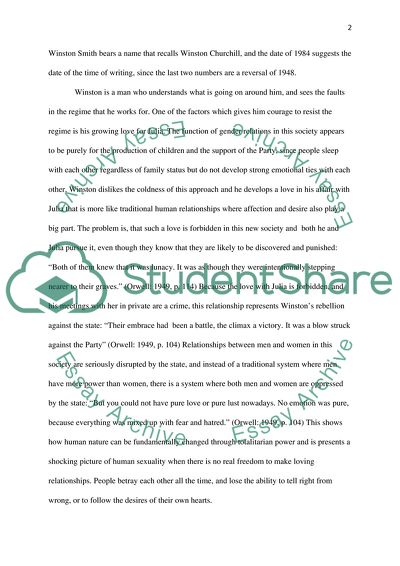Cite this document
(Post-War Situation in Western Societies Essay Example | Topics and Well Written Essays - 1250 words, n.d.)
Post-War Situation in Western Societies Essay Example | Topics and Well Written Essays - 1250 words. https://studentshare.org/social-science/1748623-writing-an-essay-for-core-class
Post-War Situation in Western Societies Essay Example | Topics and Well Written Essays - 1250 words. https://studentshare.org/social-science/1748623-writing-an-essay-for-core-class
(Post-War Situation in Western Societies Essay Example | Topics and Well Written Essays - 1250 Words)
Post-War Situation in Western Societies Essay Example | Topics and Well Written Essays - 1250 Words. https://studentshare.org/social-science/1748623-writing-an-essay-for-core-class.
Post-War Situation in Western Societies Essay Example | Topics and Well Written Essays - 1250 Words. https://studentshare.org/social-science/1748623-writing-an-essay-for-core-class.
“Post-War Situation in Western Societies Essay Example | Topics and Well Written Essays - 1250 Words”. https://studentshare.org/social-science/1748623-writing-an-essay-for-core-class.


